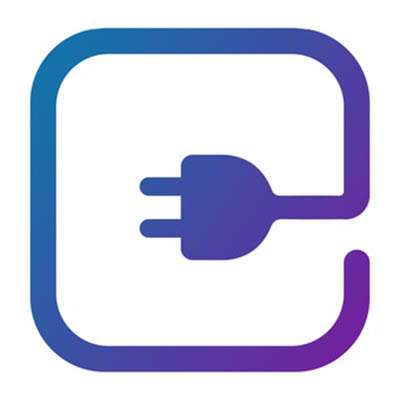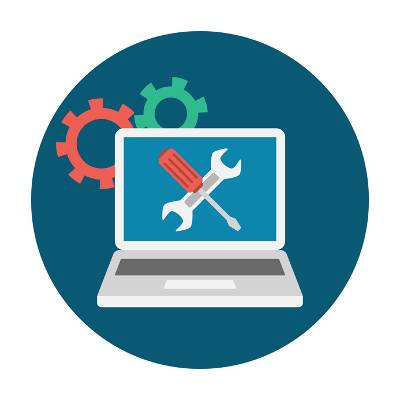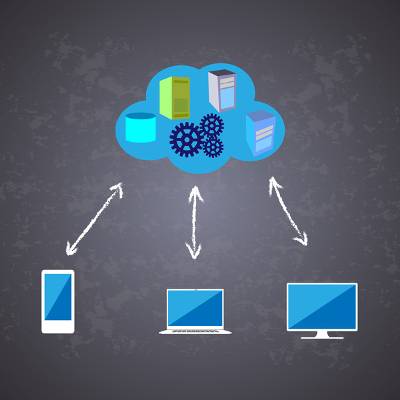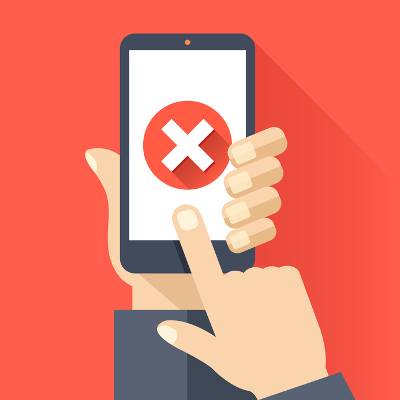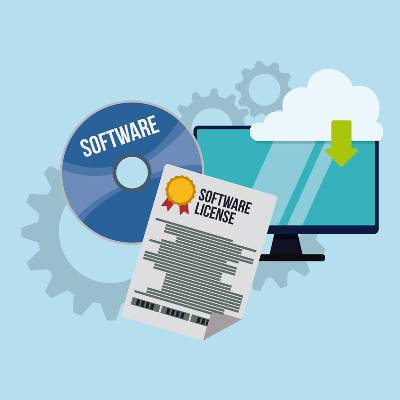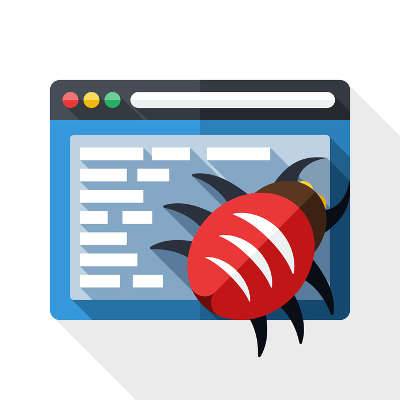Macro Systems Blog
In our modern era, every company relies on some type of software in order to function, so you need to ensure that this software is correctly managed in order to maintain operations. While this may sound like a lot of work, software management is rather simple and can be trimmed down into three steps: leveraging the available assets, testing your strategies, and comprehending what it is you have.
All business owners should be aware of which Microsoft products they use. It’s one of the many complex and confusing parts of managing your technology. Of course, all great things must eventually come to an end, and the same applies to your mission-critical applications and operating systems. When your solutions can no longer be considered secure and are no longer supported by the developer, you know it’s time to move on and upgrade to something better.
One of the latest vulnerabilities in open-source software can be found in 7zip, a file archiver and decompresser. 7zip has been found to have several security vulnerabilities which have software developers rushing to fix their products. The damage done extends far beyond 7zip, reaching both people who use 7zip itself, and developers who have used the technology in the creation of their own tools and software.
The development of mobile platforms have led to the development of hundreds of apps that give users the ability to capture websites, take notes, and do just about anything else as it pertains to a person’s daily business tasks. Some users of modern smartphones (and other mobile devices) routinely complain about the reliability of the on-screen keyboard interface, as communication is as important to the development and outcome of projects as ever. For this reason, some developers have begun creating applications that allow users to dictate to their devices; turning spoken words in to text. Here are three of the most reliable options to turn your voice into text.
One of Microsoft’s latest moves to appeal to business owners has been to establish a Technology as a Service program, allowing small businesses to purchase Surface products, accessories, and support by subscribing to a monthly payment plan. What’s more, when time comes to upgrade, customers can do so, although some fees may apply as dictated by the lease.
Augmented reality is a growing trend in the technology industry, and perhaps one of the best known uses of it today can be found in the extremely popular mobile device app, Pokemon Go. However, hackers have seized the opportunity to infect players who want to “catch ‘em all” with a backdoor called DroidJack - something that certainly won’t help gamers “be the very best.”
Has this ever happened to you? You come across a free app online that seems interesting, entertaining, or helpful so you decide to download it? However, as soon as you click the download button you regret it as it begins to install browser toolbars, adware, and other annoying (and potentially dangerous) software onto your device? How can you keep this “crapware” from getting too out of hand, and why is it so popular in the first place?
Updating your company’s software is a big responsibility that shouldn’t be overlooked. When it comes down to it, applying security patches and updates are some of the best preventative measures you can take to ensure the safety of your company’s data. Do you have a plan in place to handle all of your technology updates, or are you going about it haphazardly?
Telephone solutions have often been a substantial irritation for businesses. Smaller businesses try to get the most effective systems that they can afford, especially for something as important as communications, but it’s rarely that simple. How can you get the greatest return on investment from your business’ telephone solution? You can start by adding Voice over Internet Protocol (VoIP).
Most organizations are reliant on software solutions in order to stay productive. It could be a spreadsheet builder, a word processor, or merely data storage in the cloud; all software is deeply entrenched in the current business world. Your organization be taking full advantage of this! You can start by implementing Software as a Service.
If your company use Google’s line of Android devices for business reasons, Google’s new zero-touch solution for enterprises for their Pixel line of smartphones might be good news for you. If you provide smartphones for your companies’ employees, you know how much of an inconvenience it is to set up these devices. The new zero-touch policy tries to change that.
You have a worker who wants to save your business money on a piece of business software. They find a “free” version of it on the Internet and assume they have found you a bargain deal. What you and your employee don't realize is that there is an agency out there that’s specifically looking for organizations like yours that don’t keep track of their software licensing, just to make a quick buck off of copyright infringement.
Over the past several months, while watching the news or reading about business and technology, you’ve probably encountered a few words, such as ‘ransomware’ ‘exploit weakness’, and ‘security patch’. These terms are used often, and you may be confused as to what they really mean, and how they relate to you and the security of your business’ data.
It goes without saying that businesses that don’t want to invest in the latest and greatest software solutions will be denying themselves the opportunity for more productivity and efficiency, but most of all, security will be put on the line. A new study has proven that there is a direct correlation between businesses that run older versions of out-of-date operating systems and web browsers, and organizations that suffer from data breaches.
Microsoft has resolved what a security researcher tweeted was “the worst Windows remote code exec” in his memory. This vulnerability allowed a targeted file to implement remote code execution processes, manipulating the infected system and spreading the infection to other machines. In other word, it’s a bad problem to have. The scariest part: the attack would be triggered if a particular file were to be scanned by the Microsoft Malware Protection Engine.
Your business relies on several software solutions that are designed to help your team be as productive as possible throughout the workday. In order to use these pieces of software, users often need to have a software license or an agreement with the developers. Without these software licenses, the legitimacy of the software is questioned and your team loses valuable time to be productive.
 If you’re the owner of a small or medium-sized business, mark your calendars for July 14th. This is when Microsoft will stop supporting the 12-year-old server operating system, Windows Server 2003. Any business that is still running this ancient OS needs to upgrade to a more recent one before the end-of-support date arrives.
If you’re the owner of a small or medium-sized business, mark your calendars for July 14th. This is when Microsoft will stop supporting the 12-year-old server operating system, Windows Server 2003. Any business that is still running this ancient OS needs to upgrade to a more recent one before the end-of-support date arrives.

